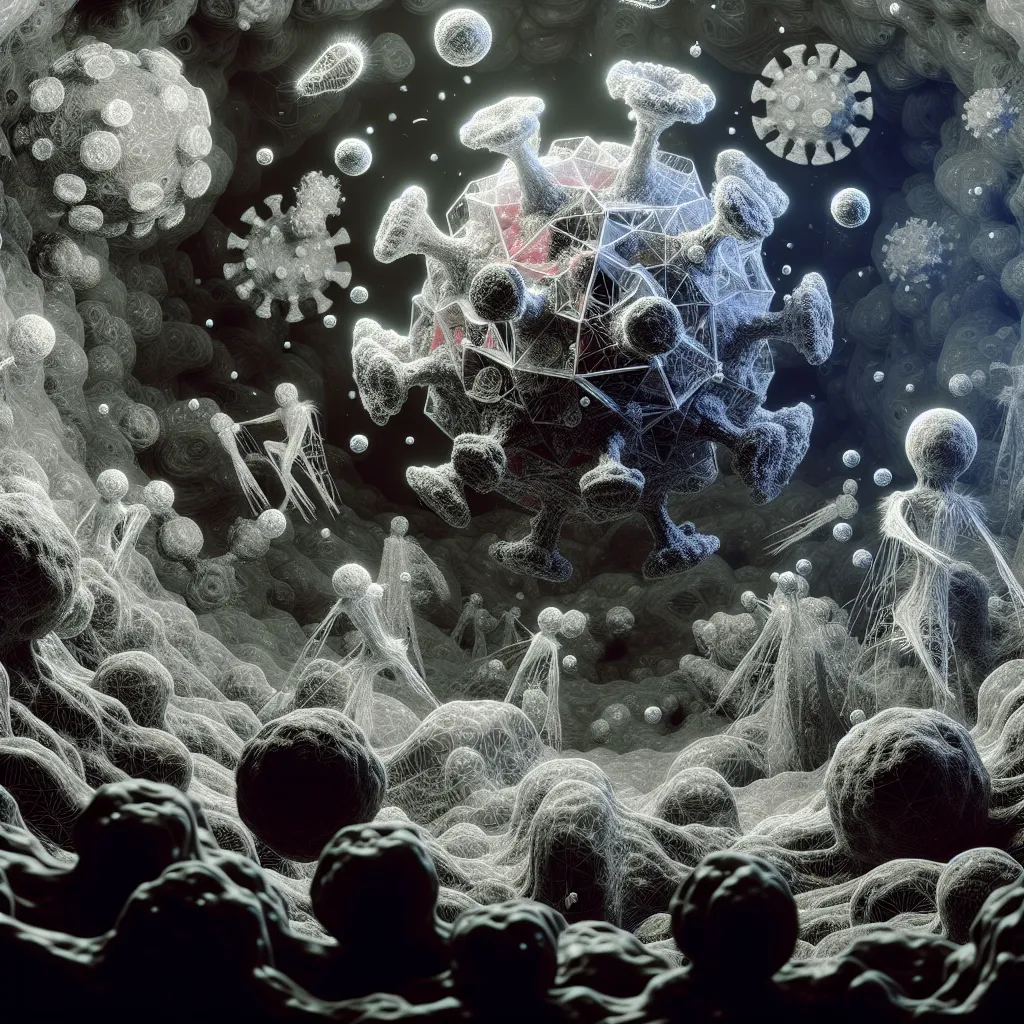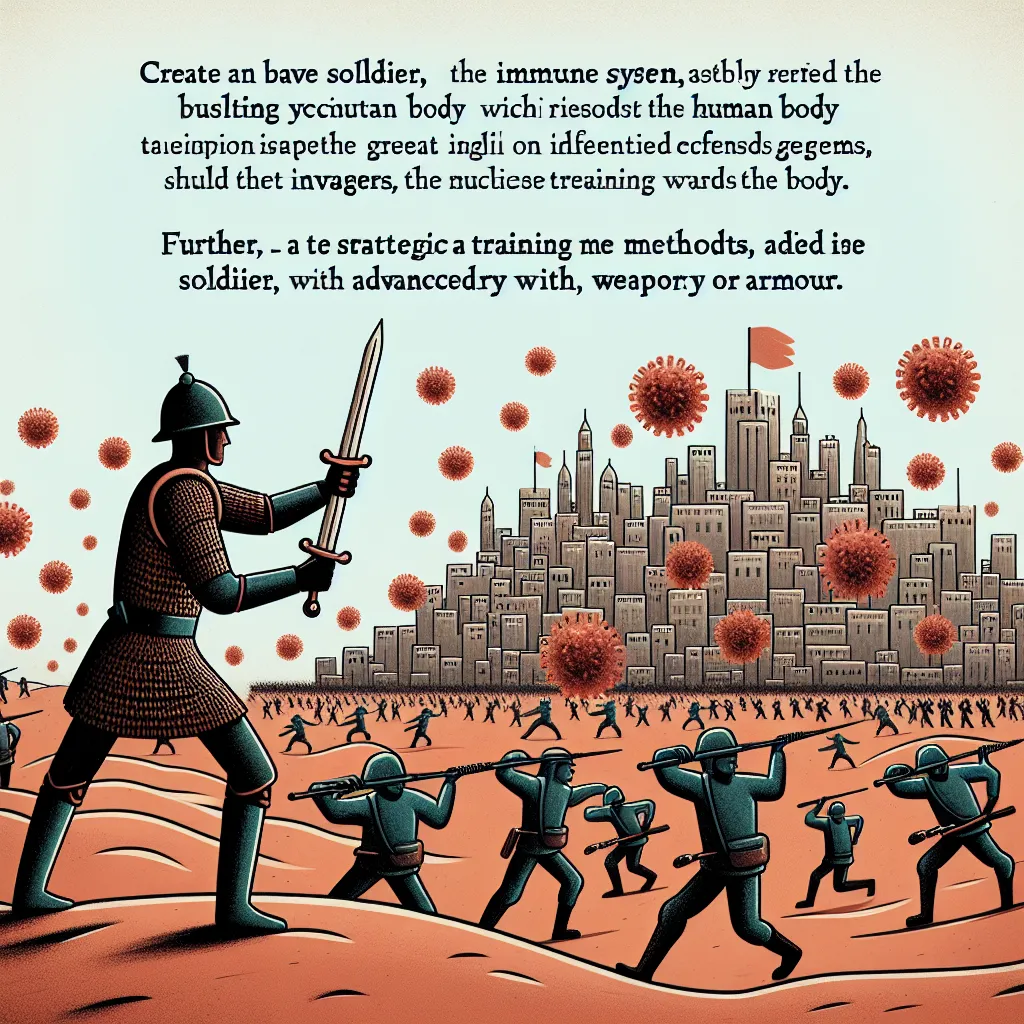Ebola is terrifying. It’s a virus that somehow manages to bypass our body’s sophisticated defense system. But how does something so tiny become so deadly?
Ebola is a simple virus, made of RNA or DNA, a few proteins, and a protective shell. It can’t do anything on its own; it needs to infect a cell to survive and replicate. Our immune system typically handles viruses like Ebola effectively. But Ebola is a different beast.
Normally, dendritic cells activate the body’s anti-virus cells. These cells work hand in hand with other supportive cells and antibody factories to wipe out infections rapidly. However, Ebola’s first move is to hijack these dendritic cells, the brains of the immune system. The virus sneaks into the cell, dissolves its outer hull, and releases its genetic material inside, turning the cell into a virus-producing machine. Eventually, the hijacked cell bursts open, releasing a torrent of new viruses into the body.
Ebola doesn’t just stop there. It tricks the dendritic cells into miscommunicating with the other immune cells, causing them to end their lives prematurely. With the immune system in chaos, natural killer cells also get infected and die, failing to do their job.
Ebola also assaults the body’s guard cells—macrophages and monocytes. Instead of fighting the virus, these cells get manipulated to send signals that lead to more fluids leaking from blood vessels. This unnecessary fluid release causes internal bleeding.
The liver is another target. Ebola easily invades liver cells, causing massive cell death and organ failure, contributing further to internal bleeding. And this is all happening simultaneously, like multiple biological bombs exploding in the body.
As the virus spreads, the body’s defenses, which are designed to protect against infections, start to self-destruct. The immune system, in a desperate bid to fight back, releases a cytokine storm. This is like an all-out attack that causes significant collateral damage, especially in the blood vessels. The healthier the immune system, paradoxically, the more damage it can do to itself. This results in more fluid leaving the bloodstream and severe dehydration, ultimately leading to organ failure. At this stage, survival chances plummet.
Despite its deadliness, six out of ten people infected with Ebola do not survive. But before panicking, it’s important to understand that Ebola is much less easy to contract than the news may make it seem. You need direct contact with an infected person’s body fluids or an infected bat to catch it.
While Ebola is dangerous and garners a significant amount of media attention, it’s less common than other diseases. For perspective, the flu kills up to 500,000 people annually, and malaria claims around a million lives each year. So yes, while Ebola is devastating, the media hype can sometimes overshadow the reality.
The best takeaway here is to stay informed and understand the basics of how our immune system functions. Knowledge is power, and it helps keep the real threats in perspective.






